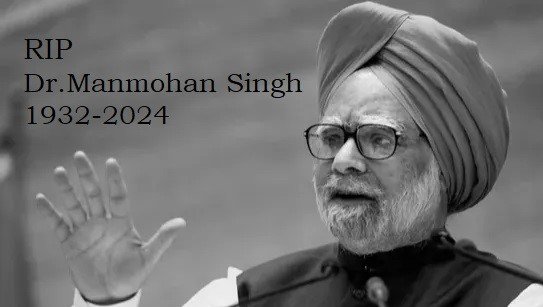It was high time to update India's outdated laws for good
- Rommel Rodrigues
- Aug 13, 2023

Home Minister Amit Shah introduces bill to modify current laws
MUMBAI: The Indian government just recently submitted a new bill that seeks to significantly modify the current laws, which is a huge step toward enhancing the criminal justice system. For centuries we have been following those archived laws that the British left us not only as a legacy but also those that were not in sync with the changing times and several of them are obviously rendered redundant.
This has not only resulted in the travesty of law, but it has also been responsible for the denial of justice when we consider that their legal interpretation made no sense and has no meaning in the present context of our society. Naturally, people seeking justice in an Indian court of law were at a disadvantage.
This ground-breaking piece of legislation demonstrates the government's dedication to establishing an effective and fair legal system, as well as addressing victim concerns and fostering a safer community. Let's examine the main features of this measure and its likely effects on India's criminal justice system.
With the presentation of three new legislation in Parliament, the Indian government has proposed a significant revision of the country's criminal justice laws. The Indian Evidence Act, the Code of Criminal Procedure, and the Indian Penal Code are all intended to be replaced by the proposed law.
The measures suggest repealing the sedition legislation and giving murder, crimes against women and children, and "offences against the state" more priority under the law. The proposed legislation has 313 revisions that will completely alter the criminal justice system. Some of the key clauses in the proposed legislation are the Bhartiya Nyaya Sanhita: This bill proposes to revoke 175 existing sections of the IPC, abolish 22 existing provisions, and add 8 new sections.
The Code of Criminal Procedure (Amendment) Bill: This bill proposes to introduce a new section to provide for the appointment of a special public prosecutor in cases where the offence is punishable with death, imprisonment for life, or imprisonment for a term exceeding 10 years and the Indian Evidence (Amendment) Bill: This bill proposes to introduce a new section to provide for the admissibility of electronic evidence in court.
The criminal justice system in India is anticipated to undergo significant change as a result of the proposed legislation. Before becoming law, the legislation will be considered and debated in Parliament after they have been introduced. But a step has been taken in the right direction and it was about time that India's outdated laws were revamped.











Reporter
Rommel is our Editor. He has close to three decades of experience in leading publishing houses including, Fortune India, Observer of Business & Politics, The New Indian Express etc.
View Reporter News